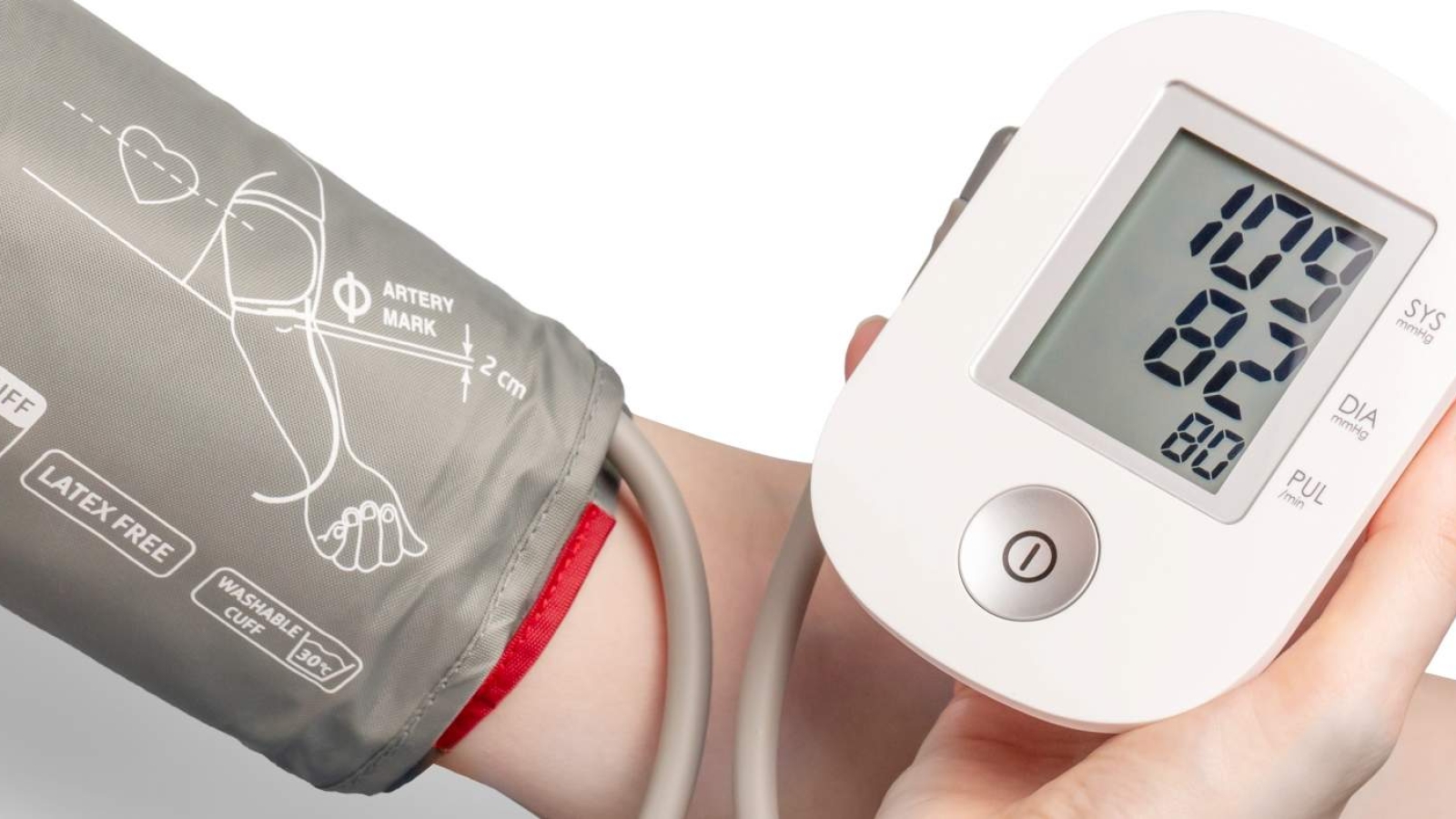Know Your Numbers
5 to 11 September is Know Your Numbers week. Lottery numbers? No, it’s an annual campaign designed to raise awareness of high Blood Pressure and encouraging all UK adults to get it checked. Run by Blood Pressure UK, a charity dedicated to lowering the nation’s blood pressure and so prevent disability and death from stroke and Cardiovascular disease (CVD).
Causes
So what causes high blood pressure or Hypertension? Well there are many factors, but most of them are related to lifestyle. These factors include smoking, being overweight, consuming too much alcohol, too much salt in your diet, not eating enough fruit and vegetables, consuming too much fat and sugar and a lack of exercise. Other factor include age (it tends to rise the older you are), a family history of it, other health problems and certain medications. These medications include non-steroidal anti-inflammatory drugs (NSAIDS) such as ibuprofen, some antidepressants, the combined contraceptive pill which contains the hormone oestrogen, steroids and some recreational drugs such as cocaine or amphetamines.
Symptoms
High blood pressure has not symptoms, so the only one way to know if you have it is to get it checked. All adults should have their pressure check periodically. It quick and painless and could save your life. There are lots of places where you can get a blood pressure check for free, including your GP surgery as well as many pharmacies and some leisure centres. Home blood pressure monitors are available for less than £20 at the moment.
Measuring
When you have your blood pressure measured you will see two numbers. The first or top number is the Systolic blood pressure. This is the highest level it reaches when your heart beats to force blood around your body. The bottom or second number is the Diastolic blood pressure. This is your blood pressure when your heart relaxes between beats. If the first number was 120 and the second number was 80, this would be written as 120/80mmHg.
So what number can you expect? Well as a rule:
- 140/90mmHg or over – you have high blood pressure. This is the point where your risk of serious health problems goes up. Your doctor might prescribe medications and advise you to make changes to your lifestyle to bring it down.
- 120/80mmHg up to 140/90mmHg – you have raised, but not excessively high-normal blood pressure. See how you can make healthy changes to your lifestyle to lower it.
- 90/60mmHg up to 120/80mmHg – ideal blood pressure. Your blood pressure reading is healthy. At this level you have a much lower risk of heart disease and stroke.
- 90/60mmHg or lower – you may have low blood pressure. This is not usually a problem in itself, but may cause dizziness and could be a sign of another health problem.
Lowering it
Keeping it at a healthy level helps to keep your blood vessels and heart healthy. Even small improvements can make a big difference. There are several ways to lower blood pressure. Healthy living such as being active, keeping to a healthy weight and not smoking are some of the best things you can do. Healthy eating such as cutting back on salt and saturated fats as well as eating fruit and vegetables will help. As Joe Bastianich (American restaurateur and television personality) said, “Your pantry is your first line of defence against food-borne illness and things like high blood pressure and cholesterol”.
Checking your blood pressure is an important task and can see how well any changes you have made are working. There are many things that can temporarily effect it such as feeling stressed, temperature and the time of day. So, one high reading doesn’t necessarily mean you have a problem. But if it is consistently high, you need to act. If lifestyle changes are not enough, your doctor can prescribe medication to lower it.
Hypnotherapy can help with many of the underlying causes of high blood pressure. It can be used to treat stress, anxiety, smoking, alcohol use, being overweight and a lack of exercise. I have made a short video about how it can help. If you think Hypnotherapy can help you, then contact me.



Add a Comment